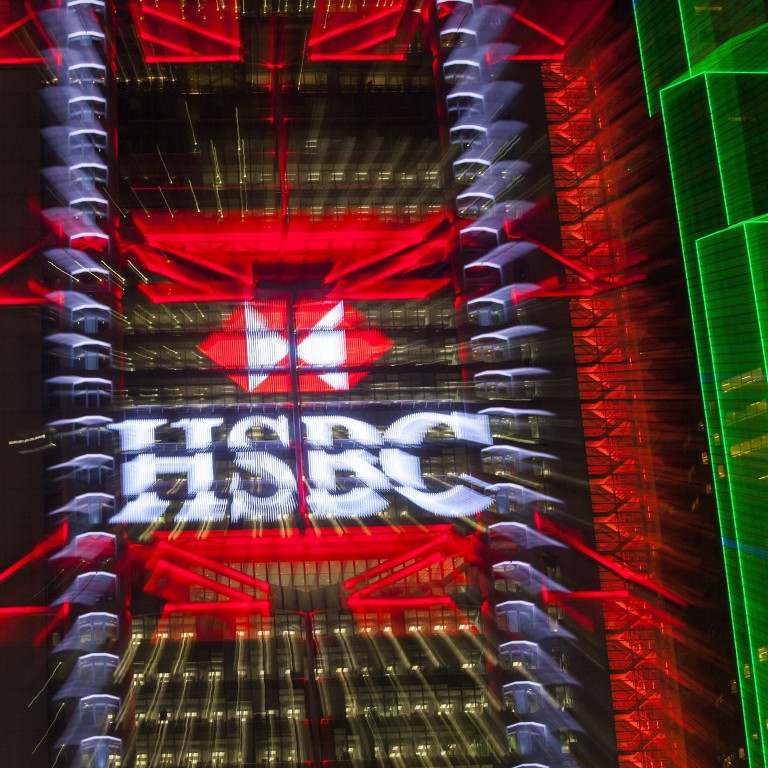
Blaming banks for worlds’ ills an easy copout
Six global banks … will pay more than US$5.6 billion to settle allegations that they rigged foreign exchange markets,
Financial Times, 22nd May 2015
… the Hong Kong Monetary Authority has called on banks to peek into customers’ tax filings, SCMP, 18 May 2015
When asked by a pretty girl at a party, it has become fashionable for a banker to lie about his job – to maybe say that you are an … undertaker, rather than tell the truth.
That’s not surprising when the banks have been fined US$160 billion since 2009 to settle allegations of impropriety, more than the GDP of Hungary.
Bankers have become the profession to hate by the general public and the press. Politicians (disinclined to highlight the distinction) have confused the banking industry as a whole with a tiny number of hedge fund managers making mega-bucks by charging excessive fees to rich clients.
Further fury was stoked when the Chairman of Citi, Chuck Prince, received US$38 million after a stint during which the value of his company fell by US$64 billion. Stan O’Neill of Merrill Lynch picked up nearly US$162 million but he only presided over a loss of US$8 billion. It really makes you want to hate them for making so much money by irrationally lending too much - to their very critics!
Strangely, you don’t hear of the politicians or regulators who allowed the excessive lending to happen describing themselves as toilet cleaners. No sir. Popularist politicians lean on the regulators to fight yesterday’s war; so competitive fining of the banks by different regulators around the world has become the easiest game in town.
These fines are an affront against natural justice and are immoral. It represents the coward’s way out because a bank is easy to find and fine and, as Al Capone said, (while robbing them) “that’s where the money is”.
But it’s our money, which is why the management of the banks settle so easily. Regulators are happy as they get restitution and don’t have to chase individuals, which is harder under current legislation.
Fining a bank hurts the current staff, savers, and shareholders worldwide and does nothing to penalise greedy and bullying managers, bankers who disobeyed their Codes of Conduct, and senior directors who looked forward to banking the golden termination package.
Surely the banking “system” incentivised the greed? But balancing that was why the bosses got paid the big bucks. Senior leaders went quietly into the night, while millions of rank and file bankers have had their career expectations destroyed by regulation, technology, and the economic cycle. Honest, skilled and experienced senior bankers have had to retrain, reinvent, or even deskill to get work. Those employed within banks to make sure that the bankers do no wrong are now as many as the number employed to actually do the banking.
The lack of moral hazard that pervaded banks is currently affecting overseas regulators. Nobody knows how these fines are assessed in the US apart from a regulator thinking of a number, doubling it, then putting “billion” behind it. Where does the money go? Does that not incentivise regulators to compete?
The danger is that overseas regulators will try their luck once too often. One day a fine will be so silly that a bank will take a regulator to court – and win. That could put the whole regulatory system into disrepute – massively damaging for the industry.
It must be mentioned that our own regulators in Hong Kong have more precisely balanced crime and punishment, and banks verses individuals, in their disciplinary findings.
Why then should they require banks to be responsible for monitoring client tax affairs? Naturally, if a banker has a suspicion he should raise it - but realistically we are asking bankers to do something they will never be very good at. Surely it is barmy to make a banker accountable for his client’s morality where other professionals, such as accountants or lawyers, are more competent.
This is not a cry to reduce the need for banks to know their clients - they need that knowledge to provide worthy, appropriate, and cost-effective financial advice. It is a plea to global regulators to imagine working in the frenzy of a trading floor rather than in a relaxed and quiet office – regulation must match the real world.
Rules must be feasible and adherence possible. If they are unrealistic, those being regulated will inevitable fail - and that will merely lead to yet more regulation. The likelihood of too much regulatory concentration is that everyone will miss a bigger risk elsewhere.
Richard Harris is chief executive of Port Shelter Investment Management

